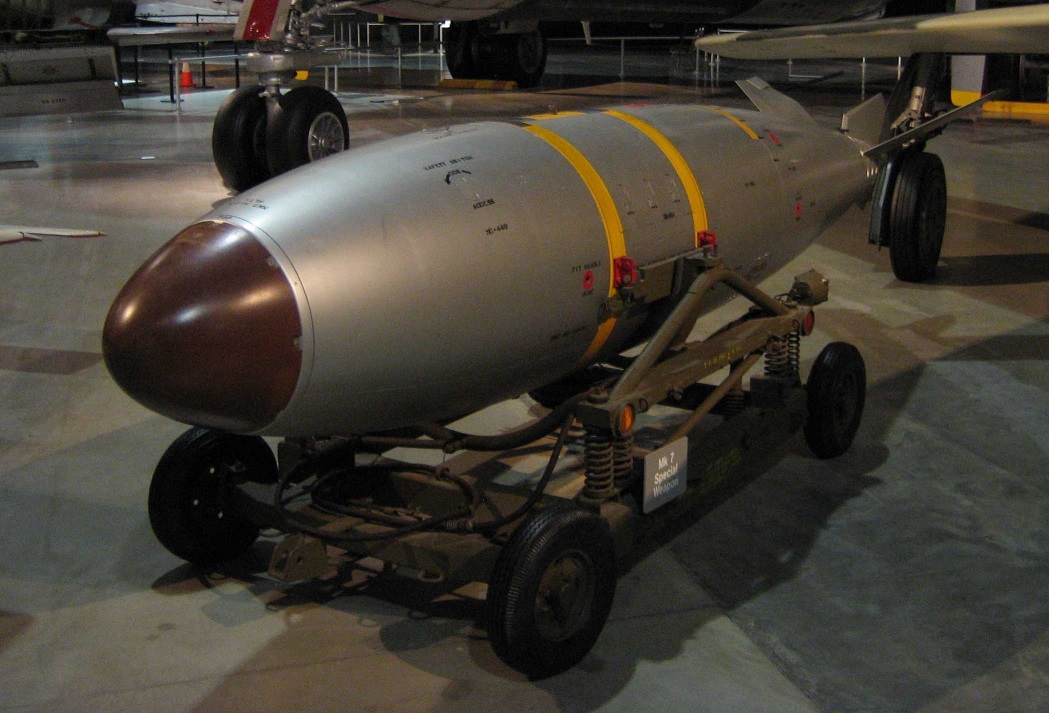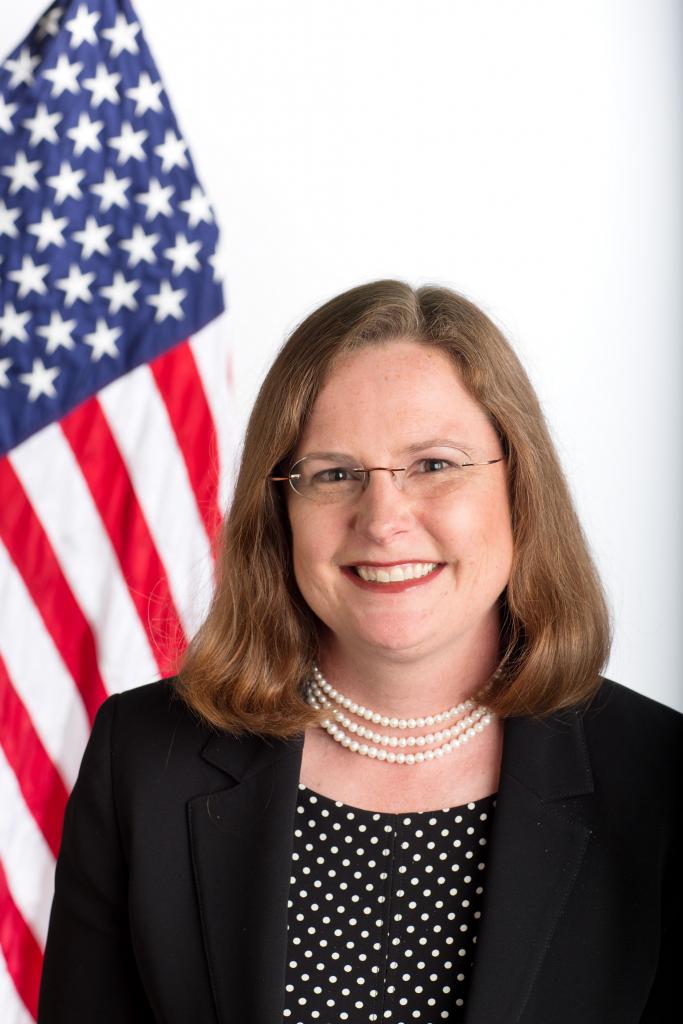Why Flynn’s Nuclear Advocacy Was So Dangerous
While one might read Mike Flynn’s dealing with a variety of unsavory foreign interests as greed unmoored from principle, it’s important to step back and understand what the implications were of his advocacy for American security. In particular, his efforts to sell nuclear reactors in the Middle East run counter to several important U.S. security goals.

Published by The Lawfare Institute
in Cooperation With

While one might read Mike Flynn’s dealing with a variety of unsavory foreign interests as greed unmoored from principle, it’s important to step back and understand what the implications were of his advocacy for American security. In particular, his efforts to sell nuclear reactors in the Middle East run counter to several important U.S. security goals.
After his dismissal as the head of the Defense Intelligence Agency in the Obama administration, Flynn took on a series of clients that military officers normally keep at arm’s length. While his connections to Russia and Turkey have been well-covered in the media, it is Flynn’s efforts to sell Russian and Chinese nuclear energy technology to Saudi Arabia and Egypt that may have the most adverse consequences for U.S. national and economic security.
Flynn had been working with a company known as ACU Strategic Partners that had been trying to persuade Middle Eastern countries to buy nuclear power plants from a consortium that included Russian companies. Propublica reports that he later was hired by a different company, IP3/IronBridge, which had been advocating a similar deal but with Chinese, instead of Russian, partners.
First, in order for this deal to go through, Flynn would have to convince the Trump administration to “rip up” the sanctions imposed by the Obama administration on Russia for their interference in the U.S. election. These sanctions represented a first step in holding Russia accountable for their attempts to interfere with America’s sacred process of choosing its own leaders. Flynn has pled guilty to lying to the FBI concerning his contacts with the Russians about softening these sanctions. Now, a whistleblower has come forward with information suggesting that Flynn’s true motive to soften these sanctions wasn’t to ease tensions with Russia, but to further the financial interests of those selling these reactors.
Second, it is troubling that Flynn would have considered partnering with foreign consortiums to sell nuclear technology because U.S. civilian nuclear technology sales require significant national security provisions, which Russian and Chinese technology agreements do not have. By law, U.S. nuclear energy technology cannot be exported without what is known as a “123 Agreement,” the terms of which are specified by the Atomic Energy Act. These agreements must contain legally binding commitments that limit the potential for U.S.-provided material and technology to be used to make nuclear weapons.
Importers must place nuclear material from American exporting companies under the International Atomic Energy Agency’s safeguards to prevent their diversion to weapons programs. Under 123 agreements, the U.S. also has the right to confirm, based on in-person visits, that the materials are being stored securely.
Importers must get U.S. permission to modify any U.S. material or material used in U.S.-provided facilities to prevent unauthorized enrichment or reprocessing, which can be the first step to developing a nuclear weapon. If the importer violates these provisions, the U.S. may insist on the return of both nuclear material and technology. These 123 Agreements mean that international inspectors can keep track of nuclear materials on an ongoing basis. These limits discourage the development of a latent nuclear weapons capability, similar to concerns over Iran’s nuclear activities, and are largely absent when nuclear technology comes from Russia and China.
When it comes to the Middle East, the U.S. has become even stricter. In 2009, the United Arab Emirates (UAE) voluntarily included a legally-binding provision to its 123 Agreement to never acquire or develop enrichment and reprocessing technology. The agreement also bound the U.S. to impose those same conditions in future agreements on other countries in the region, or if not, to lift them on the UAE. While Saudi Arabia has in the past balked at accepting such constraints, the UAE agreement sets strong precedent. In advocating for Chinese and Russian nuclear companies, Flynn was urging countries to use technology from other foreign countries that are not as scrupulous in preventing diversion of technology into a weapons program. Even if U.S. technology, and therefore U.S. conditions, are part of the deal, failing to impose restrictions on enrichment and reprocessing could open the door to weapons material production not just in Saudi Arabia, but also in the UAE. This should trouble us all.
Finally, Flynn’s actions could have further destabilized an already volatile region. While he was pushing these companies, the Obama administration was negotiating an agreement to halt Iran’s efforts to acquire nuclear weapons technology. It was often argued that if Iran wasn’t stopped, it could have begun a nuclear arms race between Saudi Arabia and Iran. Ripping up that deal, as Flynn advocated, and allowing Iran to race for the bomb would have given Saudi Arabia motivation to acquire a large number of civilian nuclear reactors, providing cover for an ostensibly civilian enrichment capacity that could mask a covert weapons program. Such a policy posture would guarantee the kind of Middle East nuclear arms race that the Iran nuclear agreement was designed to halt.
Official reporting around Trump administration officials’ travel to Saudi Arabia, including trips made by Jared Kushner and the president himself, has not been transparent as to with whom the officials met, or what was discussed, so we do not know whether Flynn’s advocacy has set a policy direction that continues to this day. As recently as this month, the White House is still considering an agreement for civilian nuclear cooperation with Saudi Arabia, even after Flynn’s tumultuous departure. In recent testimony, Chris Ford, the nominee for Assistant Secretary of State for International Security and Non-proliferation, demurred when asked about enrichment and reprocessing restrictions for Saudi Arabia.
Given the reversal of the Russian sanctions, lack of non-proliferation conditions that would occur with Russian and Chinese technology, and more importantly, the impact on proliferation in the region, the consequences of such a deal are quite serious to American security. Flynn’s actions on behalf of these companies need a thorough investigation to ensure that his advocacy did not, and is not, undermining U.S. national security.



.jpg?sfvrsn=407c2736_6)


